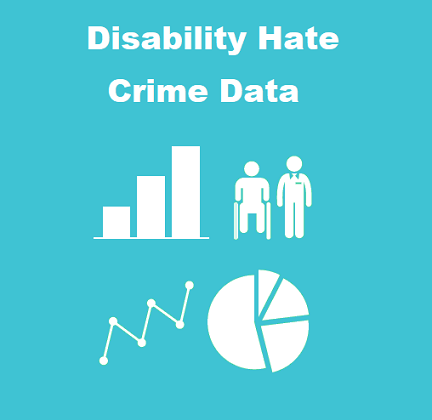DDPO Disability Hate Crime Data Project: First Six Months
The first report on the data received from DDPOs about the disability hate crime cases they support and the challenges they face

The DDPO Disability Hate Crime Project: First Six Months report summarises the data submitted by 5 DDPOs involved in Inclusion London’s hate crime partnership and outlines the early findings.
These initial findings include:
- Over half of the disability hate crime victims did not want the police involved.
- The most common reasons for not wanting the police involved were: feeling unable to provide the evidence needed to prove the crime happened, needing someone to talk to without feeling pressured to get the police involved, and previous poor experiences with the police.
- 1 in every 6 disability hate crime was also a racist hate crime. Ageist hate crimes and homophobic hate crime also happened alongside disability hate crime.
- Over half of the hate crimes took place at the victim’s home and just under half were carried out by neighbours.
- 1 in 3 disability hate crimes involved verbal abuse. 1 in 4 involved long-term harassment. 1 in 10 involved physical violence against the victim.
The full report linked below provides more details about hate crimes the DDPOs are supporting; the barriers they face in getting resolutions for their victims; and the range of support advocates are providing for their clients, often with limited funding to do so.
This report has been possible thanks to the Disability Hate Crime Partnership and particularly: Merton CIL, Real Tower Hamlets, Breaking out of the Bubble, Camden Disability Action, and DeafPlus.
Download the report here:
The DDPO Disability Hate Crime Project: First Six Months PDF
The DDPO Disability Hate Crime Project: First Six Months_Easy Read PDF